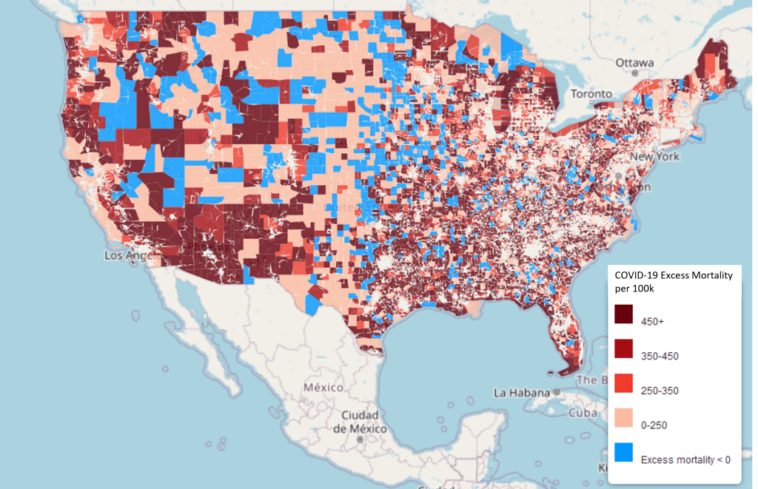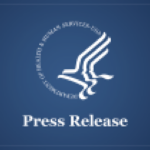It’s been 4 years this month since the World Health Organization declared COVID-19 to be a global pandemic.
Where are we now? It’s time to take stock of the real impact of the pandemic.
Aside from the burden of illness and mortality, the mental health toll, and the strains on the healthcare system, COVID even affected climate change. Elsewhere, we have noted the burden on the environment from the pandemic (single-use masks, single-use plastics, and overall intense resource use), along with disproportionate harms to vulnerable communities. We’ve published a large collection of posts on COVID-19 over the years, which you can browse through here.
In this month’s Healthy Intersections Podcast, we look back at one of the most consequential periods of the past half century.
“For adults worldwide, the COVID-19 pandemic has had a more profound impact than any event seen in half a century, including conflicts and natural disasters.”
— Dr. Austin E. Schumacher, Acting Assistant Professor of Health Metrics Sciences at IHME
Joining us this month is Christina van Hal, MS. She is a PhD student in Bioinformatics at UT Health and a key member of our RTI Rarity team since 2022. Christina has led our efforts to use machine learning and data science to understand the drivers of excess mortality.
Also joining us is Nate Rowan. He is an economist at RTI and another key member of our team. Nate led the estimation of excess mortality at the county level from 2020-2022 using methods from The Economist.
Pod-o-Matic (Audio)

Map of COVID-19 Excess Mortality from 2020-2022 (van Hal C, Lines L, Rowan N, et al, 2024, under review). Map by Aditya Vandalkar using PyShiny.




